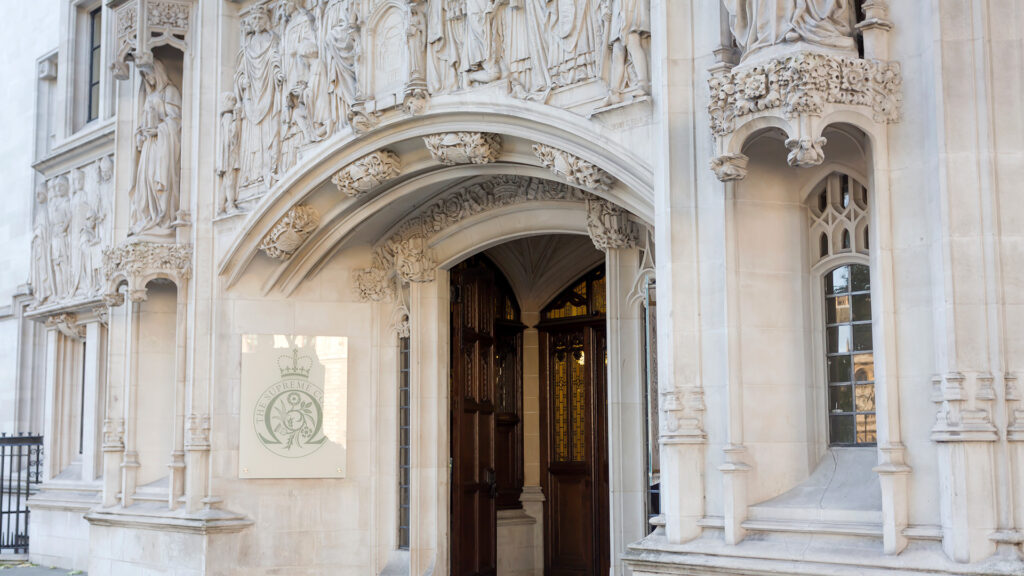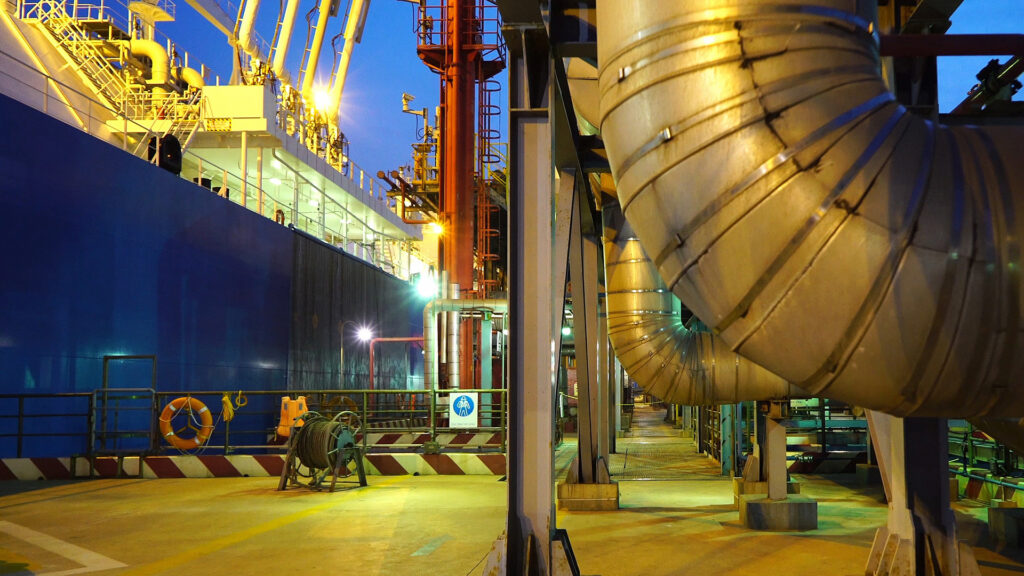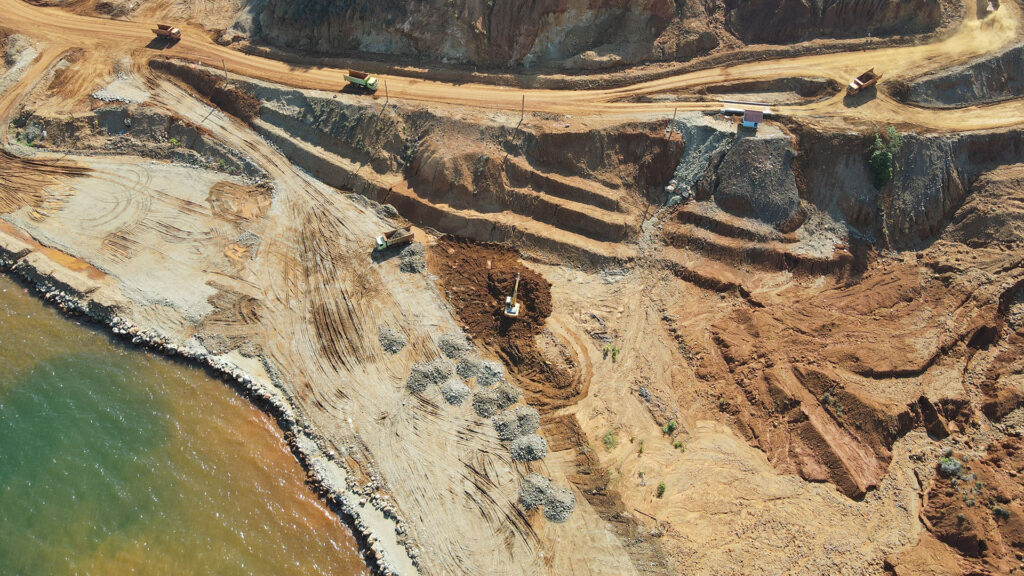Indonesia: mandatory payments by letter of credit and bans on foreign currency transactions, June 2015
The enactment of Regulation 4/2015 by the Indonesian Minister of Trade (MOT) introduced a requirement that letters of credit (L/Cs) be used in the export of certain products.
Indonesia makes payment by letter of credit (L/C) mandatory for the sale and purchase of ‘certain products’
Introduction
On 1 April 2015, the MOT issued Regulation 26/2015 which permits a special postponement of the Regulation 4/2015 requirement for payment by L/C in certain circumstances. This Briefing aims to explain some of the more unusual characteristics of Regulations 4/2015 and 26/2015 and considers the potential implications of these Regulations on certain Indonesian exporters and their overseas buyers.
Regulation 4: mandatory payment by L/C
Originally announced in the start of January 2015, the MOT’s controversial Regulation 4 requires Indonesian exporters to arrange for payment by L/C when exporting the following natural resource products:
- Mineral products: iron concentrate, nickel, silver, gold, bronze and tin.
- Coal products: briquettes, agglomerated coal, and lignite.
- Oil and gas products: crude oil and liquefied natural gas (LNG).
- Crude palm oil including crude palm kernel oil.
Regulation 4/2015 was met with considerable criticism, specifically from the Indonesian oil and gas industry, who expressed concerns that its implementation date of 1 April 2015 set too short a timeframe for sellers to comply with the requirement. Regulation 4/2015, the industry argued, would require sellers to renegotiate both their long- term sales contracts and financing arrangements, the latter of which often would involve complex covenant packages, account controls or security structures. Considering that failure to comply with Regulation 4/2015 could result in products not being exported and, potentially, a halt in production, the risk for such companies was great.
Regulation 26/2015: requirements for special postponement
The recent Regulation 26/2015 aims to address these concerns by providing for a special postponement to be granted to companies which require additional time to comply with the Regulation 4/2015. The special postponement under Regulation 26/2015 will be granted by the MOT after receiving a recommendation by the relevant ministry. In order to obtain the special postponement, exporters must submit the following additional documents:
a. The contract between the exporter and its overseas buyer in relation to Certain Products which had been agreed prior to the enactment of Regulation 4/2015 and utilises a payment method other than L/C.
b. An undertaking by the exporter to adjust its contract to satisfy the Regulation 4/2015 within a certain period of time.
c. A letter, with a stamp duty affixed on it, affirming that the documents in points (a) and (b) above are true and correct.
In addition, the Director General of Coal and Mineral’s circulation letter dated 7 April 2015 sets out a further requirement for the exporters of coal and mineral products seeking a special postponement of the Regulation 4/2015. The circulation letter provides that, in order to obtain a recommendation from the Minister of Energy and Mineral Resources, exporters of coal and mineral products must first present the Ministry with all three of the abovementioned documents, as well as a copy of the Exportir Terdaftar (ET) – Mineral Products, before applying directly to the MOT.
Exporters who have been granted a special postponement of the Regulation 4/2015 may be subject to post-audits by a team selected by the MOT. It should be noted that exporters whose post-audit results are inaccurate may be subject to a penalty and their postponement will be revoked.
Additional commentary
Regulation 26/2015 leaves open one controversial aspect of the Regulation 4/2015, which is the requirement that the price stated in the L/C must be at least the same as the world market price. As oil and gas products sold from Indonesia are generally sold pursuant to long-term contracts, it is likely that the sale price under these contracts would be lower than the world pricing. Regulation 4/2015, therefore, might require these exporters to make upwards price adjustments that their buyers may not be willing to accept. LNG exporters in particular face the additional difficulty of not having a single world market price for LNG, and therefore it remains to be seen how this rule will work in that context. This will also leave certain ambiguity and questions for exporters in the mining sector, especially in relation to long-term offtake contracts whereby the payment of the offtake is made by the financier or “offtaker” advancing the prepayment or loan facilities to the sellers.
Indonesia bans foreign currencies for local transactions
Background
Pursuant to the Indonesian Currency Law No. 7 of 2011, which sought to encourage the use of Indonesian Rupiah (IDR) for domestic Indonesian transactions, the Bank of Indonesia passed, on 31 March 2015, Regulation 17 which will ban the use of foreign currencies in such transactions.
According to the Bank of Indonesia’s director of money management, the Regulation is part of an effort to avoid a “dollarized economy” and uphold the “sovereignty of the rupiah”.
Scope of Regulation 17/2015
Regulation 17/2015 will require the use of IDR for domestic Indonesian transactions. The Regulation will apply to both cash and non-cash transactions, and will also prevent affected sellers from quoting their prices in a foreign currency.
There are, however, several exceptions to Regulation 17/2015, including:
- State budget transactions, i.e. foreign debt payments, payments of a domestic debt in a foreign currency, shopping goods from abroad, capital expenditure from abroad, and state revenues from the sale of state bonds denominated in foreign currencies.
- Grants given by, or to, a party domiciled abroad.
- International trade transactions, defined as the import/export of goods or service trade activities which involve either a cross-border supply or consumption abroad.
- Bank deposits denominated in foreign currencies.
- International financing transactions where one party (either financier or recipient) is domiciled abroad.
- Bank activities in foreign currencies conducted in accordance with the prevailing law, i.e. export credit, inter-bank money market, bonds, sub-debt and other securities denominated in foreign currencies.
- Government bonds and securities denominated in foreign currencies.
- Infrastructure projects that have been approved by the Bank of Indonesia.
Regulation 17/2015 contains a further exception from the mandatory use of IDR for the settlement of obligations where a foreign currency has been agreed in writing.
Of the above listed exceptions, 5 and 6 are the most significant. Most international transactions will likely not be affected by Regulation 17/2015, to the extent they are made in the framework of international trade and financing. In this sense, cross-border investments, loans, structured finance transactions and other similar transactions may continue to be performed in foreign currencies.
Compliance and sanctions
Regulation 17/2015 is due to take effect on 1 July 2015. Non-cash transactions using foreign currencies that were entered into before 1 July 2015 will remain in force until the written agreement expires.
The Bank of Indonesia is charged with ensuring compliance with Regulation 17/2015 and may request reports, information or any data it requires to do so. Breach of the provisions of the Regulation may result in criminal sanctions under Article 33 of Law No. 7 of 2011. Where the transaction is not a cash transaction, a penalty may be charged against transacting parties in breach of the Regulation representing 1% of the value of the transaction (with a maximum limit of one billion IDR).
How HFW can help?
HFW is a market leader advising on the international sale of soft commodities, oil and gas, coal and steel, and non-ferrous and precious metals. With a strong Indonesian capability, HFW is well positioned to provide high level direction on the above regulations and issues connected to them.
In the first instance, potentially affected companies are encouraged to consult the relevant government agency and obtain clarification on how these regulations might apply to them directly.
Download a PDF version of ‘Indonesia: mandatory payments by letter of credit and bans on foreign currency transactions, June 2015’








-1024x683.jpg)
